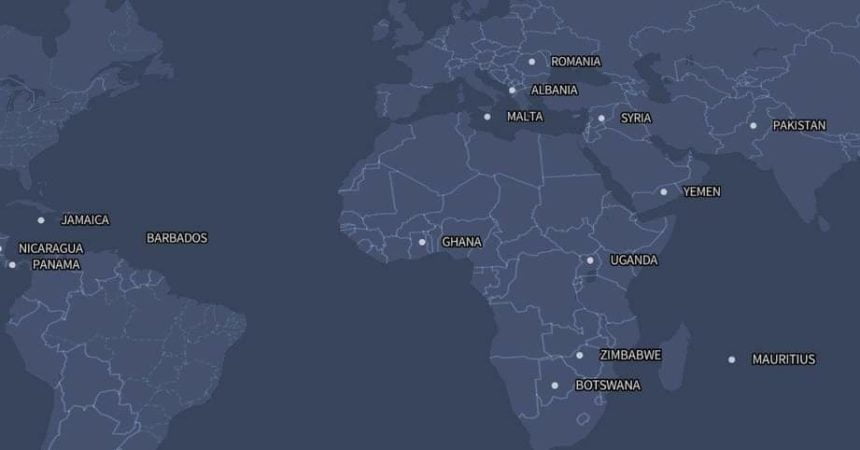A new standard introduced by the Financial Action Task Force (FATF) places the responsibility to assess and mitigate money laundering and terrorist financing risks associated with foreign companies linked to companies in their jurisdiction in the state’s hands.
The task force revised Recommendation 24 and its Interpretive Note in a plenary session on Friday, requiring countries to ensure that competent authorities have access to adequate, accurate and up-to-date information on the true owners of companies.
The new revision now requires countries to ensure beneficial ownership information is held by a public authority or body functioning as a beneficial ownership registry, or an alternative mechanism that is as efficient.
Countries will now be required to “ensure that competent authorities can rapidly and efficiently access beneficial ownership information.”
“Authorities will have to assess and mitigate the money laundering and terrorist financing risks associated with foreign companies, to which their countries are exposed,” the FATF said in a statement following the session.
The task force also agreed to ban new bearer shares and to strengthen disclosure requirements for existing bearer shares and for nominee arrangements, which will stop these being used to hide money laundering.
The alteration was agreed upon in order to implement “tougher global beneficial ownership rules to stop criminals hiding their illicit activities and dirty money behind secret corporate structures.”
The FATF had cited lack of transparency on ultimate beneficial owners of companies and weak financial intelligence on tax crimes as the main serious strategic deficiencies of Malta’s jurisdiction, and one of the reasons for placing the country on its grey list in June 2021.
In September, the International Monetary Fund (IMF) had also urged the government to take immediate action to deal with Malta’s unstable economic outlook on the basis of its lack of transparency on beneficial ownership information and its lack of financial intelligence on tax crimes and money laundering.
In a survey published by the Malta Employers’ Association in July 2021, over 100 companies blamed the grey listing on the authorities’ inability to prevent money laundering, enforce the rule of law across the board, deal with institutional corruption and provide financial transparency.
Malta is the only EU country ever to have been included on the FATF grey list.













With the PM announcing the FATF is making a visit to Malta in June to monitor progress on the ground, logic should dictate that the MFSA is going to have to sacrifice some big names on the altar of transparency fairly quickly to have any chance of convincing the investigation team that they are actually walking the walk rather than talking the walk.
They should also ask Gafa to explain his inactivity in apprehending the criminals walking free.
How does the State of Malta intend to meet the minimum standards when so many documents are lost in the pigsty of the State or the Prime Minister cannot even produce his prescribed income? When even the Prime Minister cannot explain what business he has done with criminals?
Hopefully the ubo of Egrant will be disclosed at last